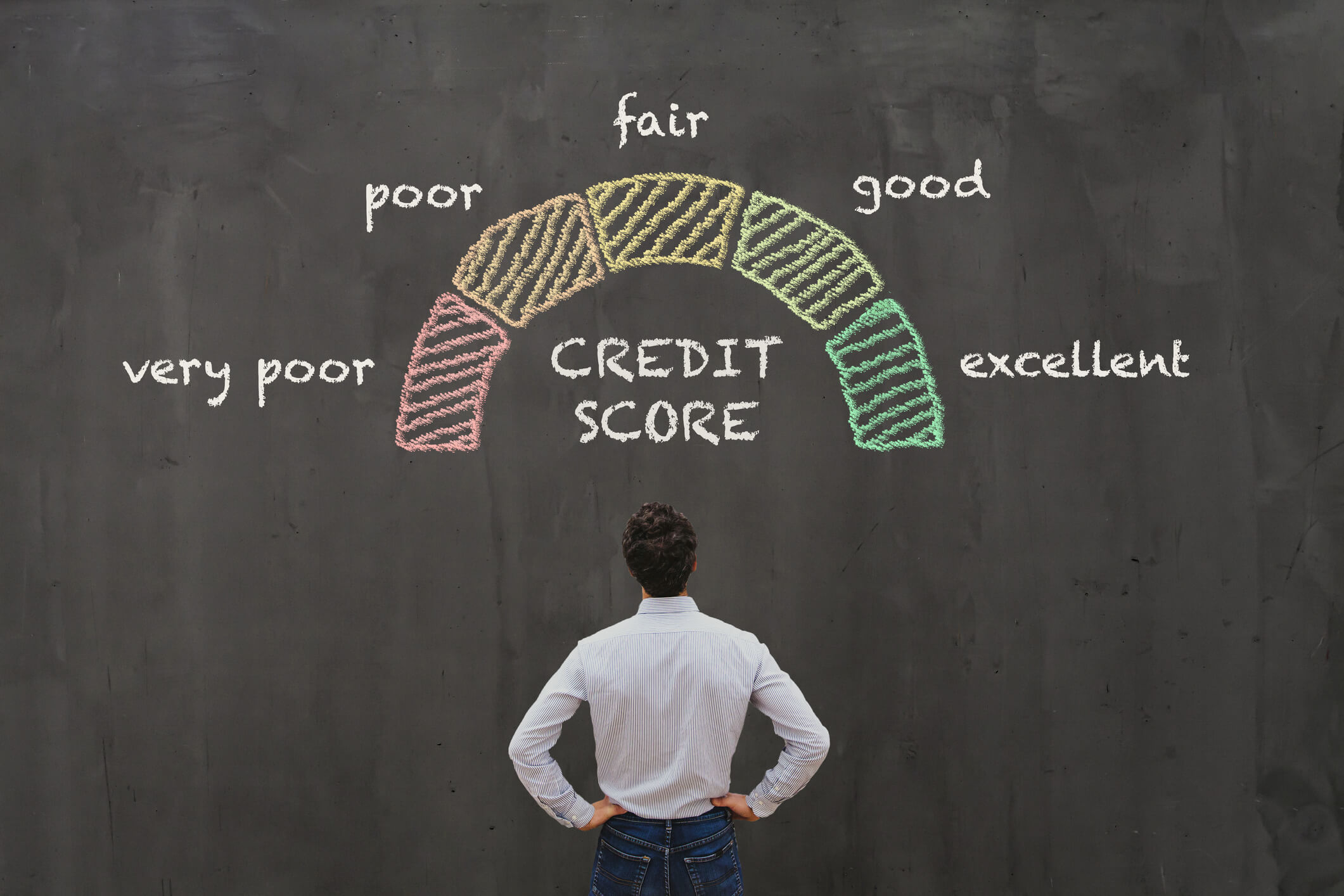Your credit score is incredibly important when it comes to your finances. It is vital to know what affects your credit and to what extent. Once you understand what is adversely affecting your score, you can formulate a plan to eliminate the culprit of the lower score. These issues could involve late payments or defaults on loans, numerous hard inquiries about your credit score, or mistakes that should not be on your credit report. Once you know what is affecting your score negatively, planning to reverse and avoid these issues is relatively simple.
We have all seen commercials emphasizing the need to check our credit scores. Individuals who are on top of their scores have confidence and can improve their buying power and stay on track for financial freedom. Those who have let their score go unchecked may have problems lying beneath the surface that, if not attended to, can cause financial hardship.

These dramatic representations of good credit vs. bad credit are a reality. You may not find yourself in those ridiculous situations depicted in the ads, but you can find yourself unable to buy a home or a car. Even worse, you can make those purchases but with unbelievably high interest rates. Despite ads and would-be creditors stressing the importance of good credit, most people don’t give it any serious thought.
In this article, we are going to discuss three factors that hurt your credit score so that you can watch out for these financial behaviors and start improving your score.
Making late payments/No payments
Making late payments on your credit cards, loans, or any credit reporting accounts makes up 35% of credit scores. The simple solution is to make your payments on time, every time. One or two late payments add up quickly. You don’t want to see your credit score drop drastically because you can’t make payments on time.
Making no payments will have collections knocking at your door. This is the worst-case scenario for your credit score. Avoid this disaster by making sure you are aware of the monthly payments you owe.

Maxing out your credit cards
Idealistically, you should be using no more than 20-30% of your available credit. Keeping your credit cards maxed out at all times looks terrible to lenders and ultimately drops your credit score. Emergencies happen, and that’s why we have credit cards, but in case of emergency, make sure you make those payments on time and pay more than the minimum payment. That way, you won’t get stuck in debt or only pay the interest.
Applying for multiple credit cards over a short length of time
When a lender sees that you have opened up several new credit cards, this sends up a red flag. It’s pretty simple; creditors assume the more credit cards you’ve opened up, the more you’ll be buying things on credit. To them, this possibility means that you may not have the finances to pay them back. This is most important when applying for mortgages.

Places to Check Your Credit Score
Free and fee-required websites that do credit checks are out there. The top two we recommend are FICO and Credit Karma. Both of these websites offer a surplus of information when it comes to your personal credit. You will find everything you need to know about your credit score. You will also find a lot of information about how to improve your credit and refinancing options. Once you’ve taken the leap to check your credit score on one of these trusted sites, take some time to familiarize yourself with the website and all they offer.
 About Complete Controller® – America’s Bookkeeping Experts Complete Controller is the Nation’s Leader in virtual bookkeeping, providing service to businesses and households alike. Utilizing Complete Controller’s technology, clients gain access to a cloud platform where their QuickBooks™️ file, critical financial documents, and back-office tools are hosted in an efficient SSO environment. Complete Controller’s team of certified US-based accounting professionals provide bookkeeping, record storage, performance reporting, and controller services including training, cash-flow management, budgeting and forecasting, process and controls advisement, and bill-pay. With flat-rate service plans, Complete Controller is the most cost-effective expert accounting solution for business, family-office, trusts, and households of any size or complexity.
About Complete Controller® – America’s Bookkeeping Experts Complete Controller is the Nation’s Leader in virtual bookkeeping, providing service to businesses and households alike. Utilizing Complete Controller’s technology, clients gain access to a cloud platform where their QuickBooks™️ file, critical financial documents, and back-office tools are hosted in an efficient SSO environment. Complete Controller’s team of certified US-based accounting professionals provide bookkeeping, record storage, performance reporting, and controller services including training, cash-flow management, budgeting and forecasting, process and controls advisement, and bill-pay. With flat-rate service plans, Complete Controller is the most cost-effective expert accounting solution for business, family-office, trusts, and households of any size or complexity.




